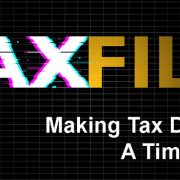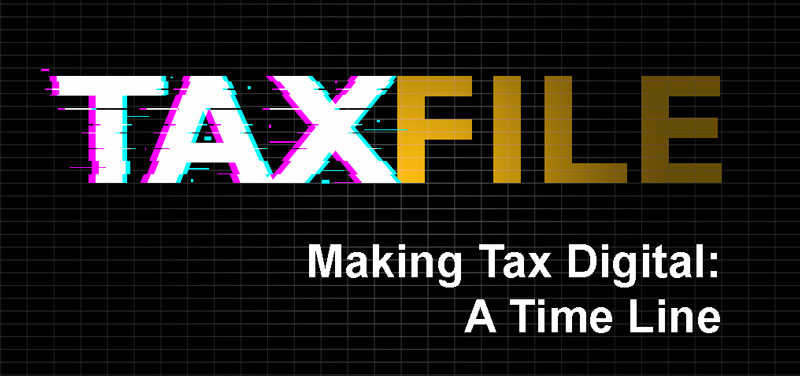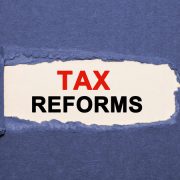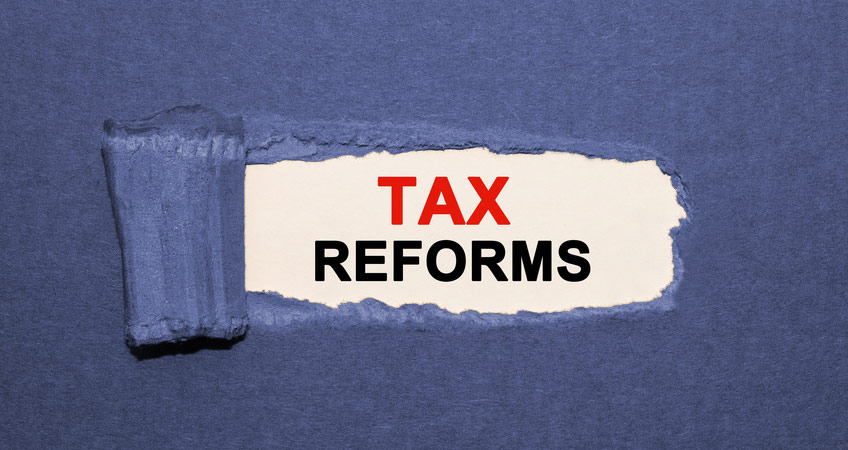Making Tax Digital – A New Time Line
Making Tax Digital (‘MTD’) was announced as the new initiative by HMRC to revolutionise and modernise the tax system in the UK.
MTD centres around keeping digital financial records that can then be accessed by software to calculate and submit taxes through to HMRC. The goal is that there will be direct ‘digital link’ between the financial record and the software used to calculate and submit the records and therefore ensuring an accuracy in the figures being generated.
With initial teething problems, MTD for VAT started back in April 2019, and as a result of various delays around Brexit & COVID-19, it still has not sailed out of its ‘soft-landing’ period.
On 21st July 2020 the Treasury published a 10-year plan to modernize the UK’s tax system which outlines a blueprint for the transition of the UK’s tax system into the digital age.
MTD for VAT
Introduced in April 2019, MTD for VAT had a soft-landing period where the rules for this ‘digital-link’ were relaxed. Prior to COVID-19, April 2020 was the date stipulated where all digital links were to be in place for submissions.
As a direct consequence of COVID-19, it has been now been stated that as of 1st April 2021, the ‘soft-landing’ period comes to an end and all VAT registered businesses submitting VAT returns will need to ensure they have these digital links in place for their submissions.
Furthermore, from April 2022, MTD for VAT will apply to all VAT registered businesses and not just those that have a turnover greater than the VAT threshold.
MTD for Income Tax
The 10-year plan targets 6th April 2023 for self-employed businesses and unincorporated landlords to begin reporting Read more




